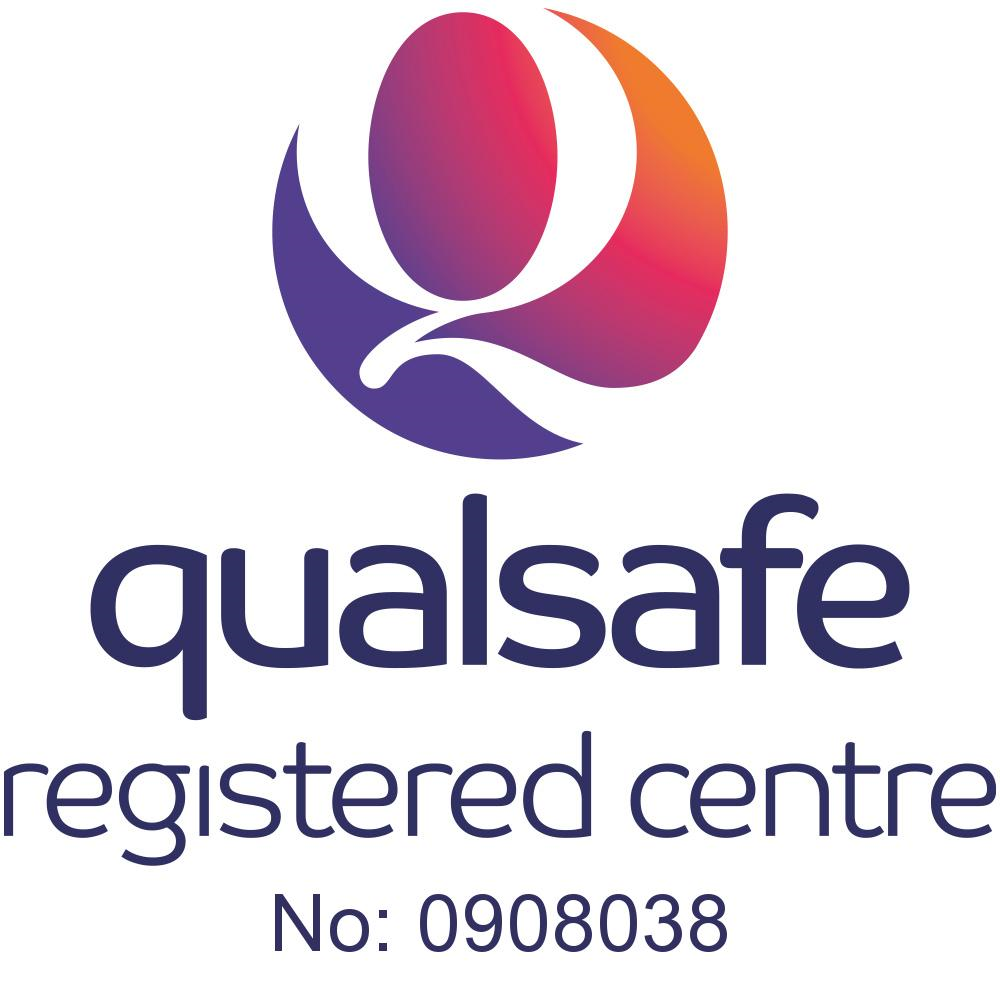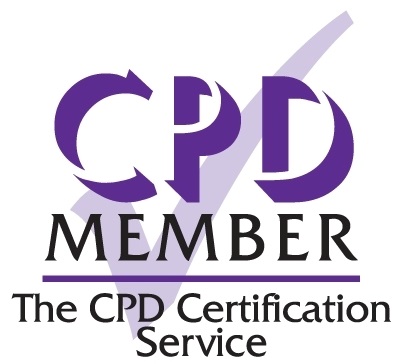Human Trafficking
Learning Outcomes
- Identify and Define Trafficking Situations
- Recognise Indicators of Trafficking among Vulnerable Individuals
- Apply Safeguarding Measures
- Coordinate with Multi-Agency Teams
- Provide Sensitive Support to Trafficking Victims
Aim
To equip Health and Social Care Professionals with the Knowledge, Skills, and Confidence of human trafficking indicators, understand the vulnerabilities of potential victims, and learn how to respond effectively. The course underscores the duty of care required to protect and support trafficked individuals, as outlined by legislation, Ofsted requirements, and safeguarding principles
Why Customers would Benefit from the Human Trafficking Training Course?
This vital course equips frontline staff and care providers with the knowledge and awareness needed to identify, respond to, and prevent human trafficking and modern slavery. With growing concern across health, social care, and community services, it is crucial that workers can recognise the signs of exploitation and understand their responsibilities in reporting concerns. The training promotes safer, trauma-informed practice and supports compliance with the Modern Slavery Act 2015, Care Act 2014, and safeguarding regulations—ensuring that services remain vigilant, legally compliant, and ethically responsi

Key Benefits for Customers:
Improves Early Identification of Victims
Staff are trained to spot subtle signs and indicators of trafficking, even when individuals are reluctant or unable to disclose.
Supports Legal and Ethical Compliance
Reinforces obligations under the Modern Slavery Act, safeguarding procedures, and multi-agency referral processes
Protects Vulnerable Individuals
Empowers staff to act swiftly and appropriately to safeguard those at risk of exploitation, abuse, and coercion
Strengthens Safeguarding Knowledge
Enhances staff awareness of how trafficking links to broader safeguarding responsibilities.
Encourages Trauma-Informed Care
Promotes respectful, non-judgemental responses that consider the emotional and psychological impact of exploitation.
Enhances Multi-Agency Working
Improves staff understanding of referral routes, including the National Referral Mechanism (NRM), and encourages effective collaboration with external agencies.
Prepares Staff for Real-World Scenarios
Practical examples help learners feel more confident handling complex or hidden cases of exploitation.
Demonstrates Commitment to Ethical Practice
Shows inspectors, commissioners, and stakeholders that your service is proactive in tackling exploitation and protecting human rights.
Let’s Talk About Your Training Needs
Our friendly team is ready to help you build the right training solution for your care setting.
Human Trafficking
Course
Human Trafficking
Level
2
Practical
No
Duration
2-3 Hours
Certificate Length
2 Years
Number of Delegates
12
What Our Customers Say About Us

Registered Manager
Residential Care Home

Domiciliary Care Provider
Residential Care Home


